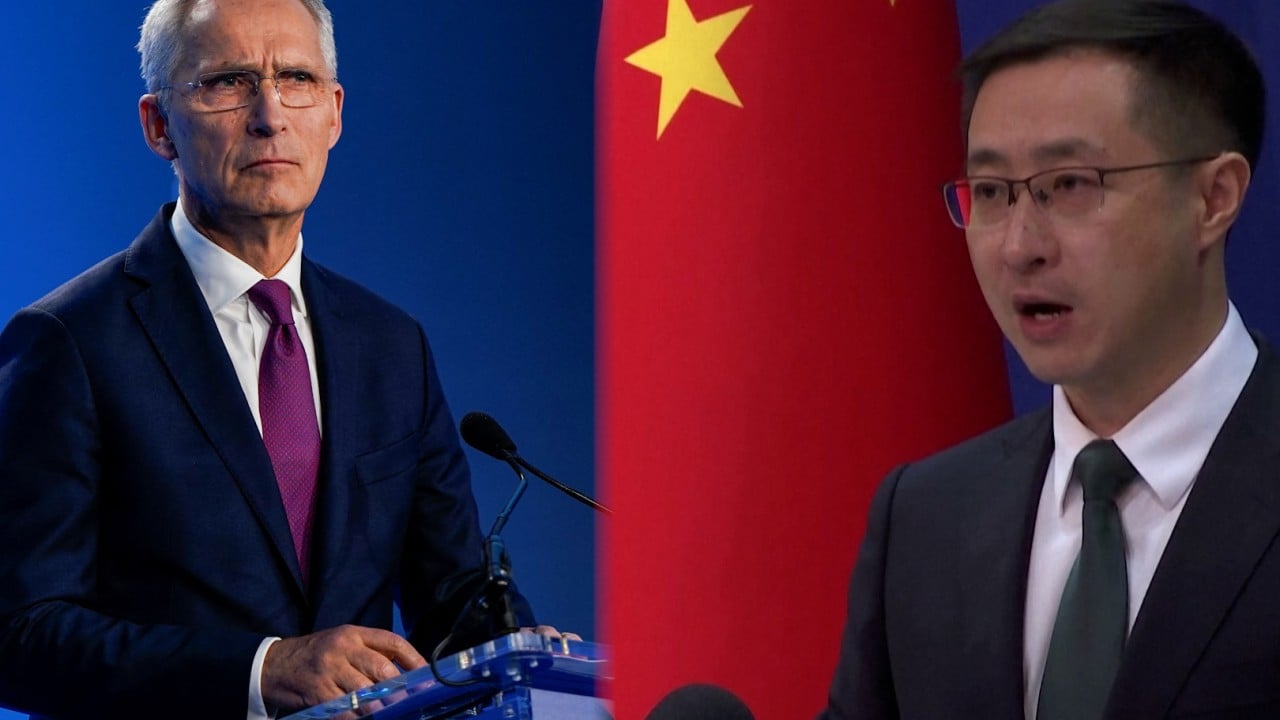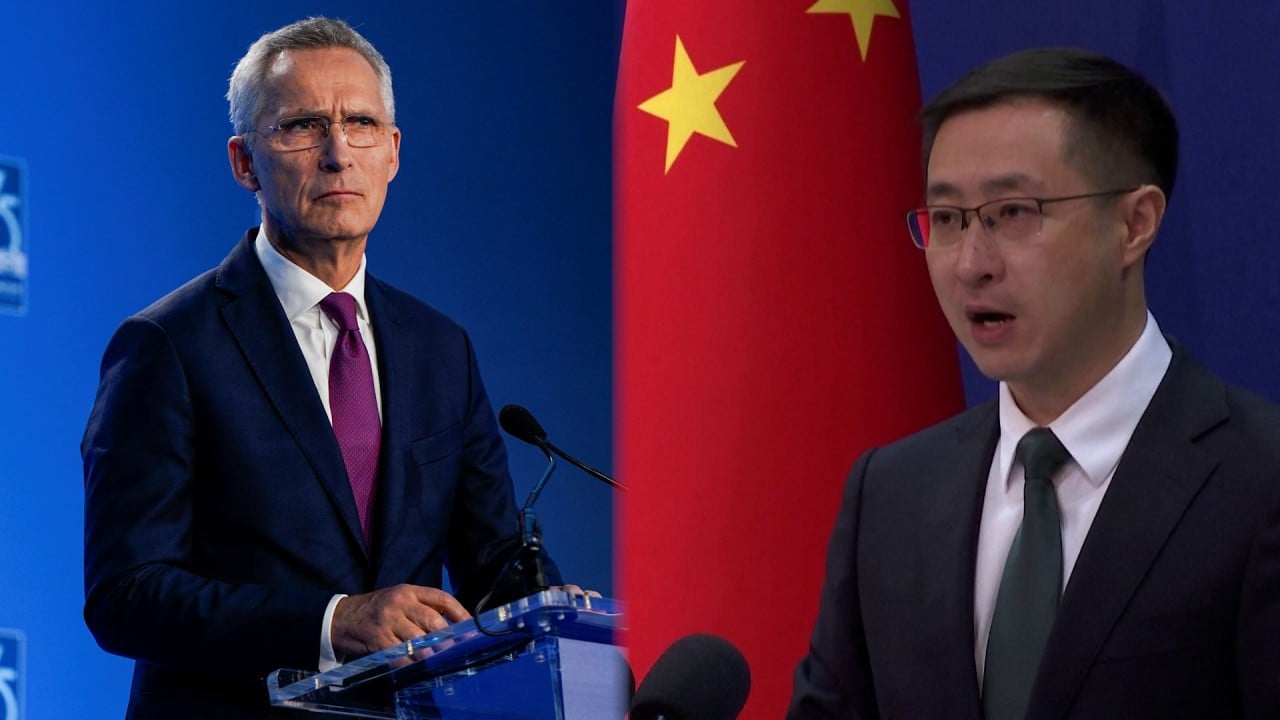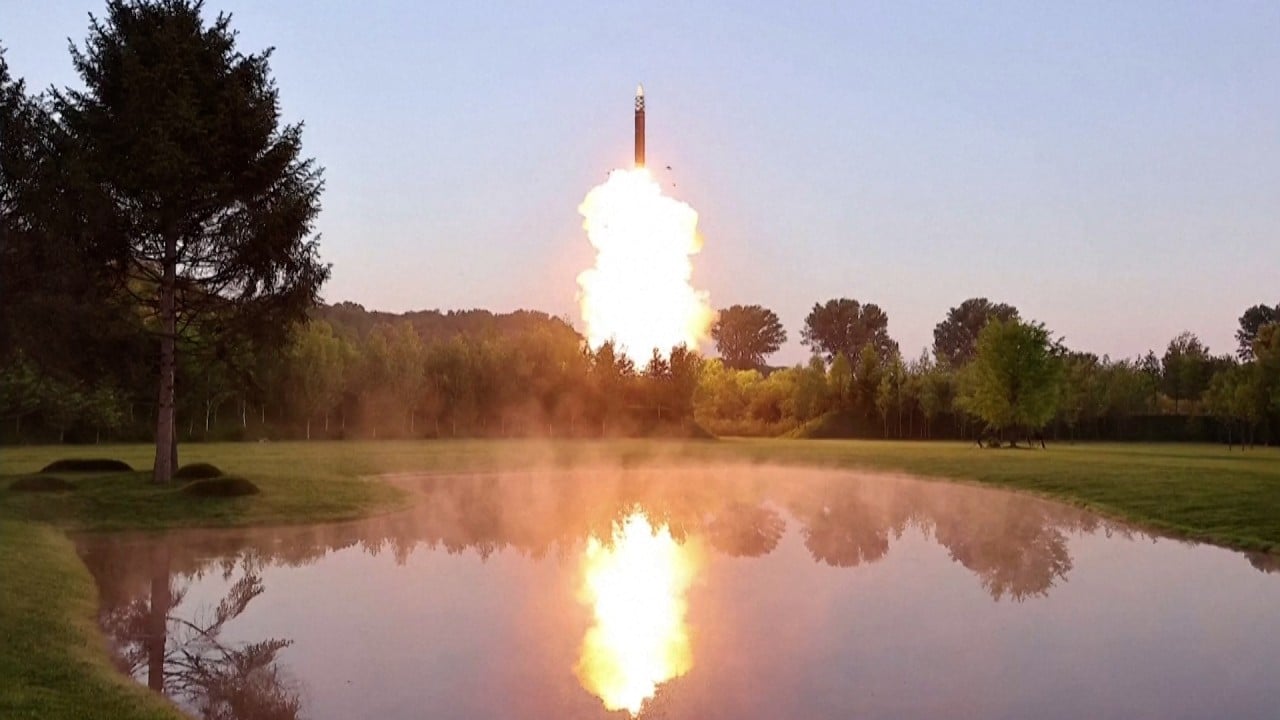Since ancient times, divide and rule has been a favoured strategy for gaining and staying in power. Philip II of Macedon, father of Alexander the Great, is said to have conquered most of Classical Greece by playing the city states against each other using diplomacy, marriage and military power. To control India, British colonists promoted divisions between the religious groups and castes.
Today, divide and rule is practically Washington’s badge when it comes to international relations. As Malaysia’s former prime minister Mahathir Mohamad put it: “The US is fond of having countries opposing each other.” Indeed, Washington appears to have a penchant for encouraging discord in and between countries.
Politically, the Biden administration has classified countries in the world as democracies vs non-democracies based on its own criteria. This “us vs them” approach of favouring some countries and ostracising others works to stoke ideological confrontation – the effect is to drive a wedge among countries that have otherwise enjoyed cordial ties, such as among the Association of Southeast Asian Nations (Asean).
Economically, Washington is pushing hard for decoupling, setting up exclusive trading blocs like the “Chip 4” semiconductor alliance (with Taiwan, Japan and South Korea), and restructuring global supply chains that had otherwise served businesses reasonably well.
Militarily, the Biden administration takes pains to build alliances. It supported Nato’s expansion, strengthened both the “Five Eyes” intelligence-sharing alliance (with Britain, Canada, Australia and New Zealand) and the Quadrilateral Security Dialogue (with Australia, India and Japan), and created the Aukus pact (with Australia and Britain), in what looks like a Cold War throwback.
Washington has accused China of propping up Russia’s defence industry, in an apparent bid to drive a wedge between China and Europe, and pushed Nato to label China “a decisive enabler of Russia’s war against Ukraine”.
On Nato’s decision to expand cooperation with Australia, Japan, New Zealand and South Korea, Moon Chung-in, who was special adviser on foreign affairs and national security to then South Korean president Moon Jae-in, noted earlier this month there could be no logical reason for it except for “propping up US primary in the region”.
Admittedly, Washington does not resort to divisive tactics all the time, but it refrains only when it aligns with its geopolitical objectives. In most cases, Washington has opted for division over unity, discord over harmony and war over peace.
Pitting a country against another serves two purposes. The first is to control and take advantage. For example, when Washington takes sides in a conflict, its backing is intended to tether the party it supports to the US orbit, to help develop and exacerbate its dependence on Uncle Sam, and this can have dangerous consequences.
Washington’s support of Ukraine in Russia’s war, for example, has rendered Kyiv a pawn in the geopolitical contest between the West and Russia. Increasingly, Ukraine is being made to fight to the last man. The intervention has also strengthened Washington’s grip on the European Union, making the bloc more reliant on the US in energy and security, and increasing the likelihood of the EU being drawn into a direct military conflict.
The Biden administration has also offered generous backing for the Philippines in its dispute with China in the South China Sea. “They have been offering help and they asked us how they could help us in any way,” Philippine army chief Romeo Brawner revealed recently, adding that the offer had been declined.
Such reckless offers of help risk triggering the Philippines’ 1951 Mutual Defence Treaty with the US and Manila losing control over its policy orientation towards China. It threatens to place the Philippines on the frontline of America’s drive to contain China and in danger of a military confrontation with China.
The second purpose of pitting a country against another is to weaken, particularly one’s adversary.
Years of US support for Saudi Arabia against Iran has had the effect of perpetuating hostilities between the Shiite and Sunni Muslims in the Middle East. US efforts to enfeeble North Korea has only led to heightened tensions on the Korean peninsula.
US actions have also led to civil strife in other countries, often in the name of promoting democracy and human rights. The US has been accused of orchestrating “colour revolutions” and even Arab spring, with devastating consequences for countries such as Libya: disorder, recession and untold suffering.
America’s continued arming of Taiwan in support of separatists on the Chinese island is intended to bog down China by keeping the country divided.
In a recent CGTN interview, Columbia University’s Professor Jeffrey Sachs said Washington had been involved in more than 80 regime change operations around the world since 1947.
Washington’s efforts to play peoples and countries off against one another is surely driven by its burning desire to hold on to its hegemony. A world divided is easier to control. But such a policy is not just immoral – it is calamitous for the world.
It means market fragmentation, economic destruction, social upheaval, loss of lives, and, above all, it could eventually trigger another world war. Washington’s divide and rule could turn into divide and ruin – for the future of the world.
Zhou Xiaoming is a senior fellow at the Centre for China and Globalisation in Beijing and a former deputy representative of China’s Permanent Mission to the United Nations Office in Geneva




